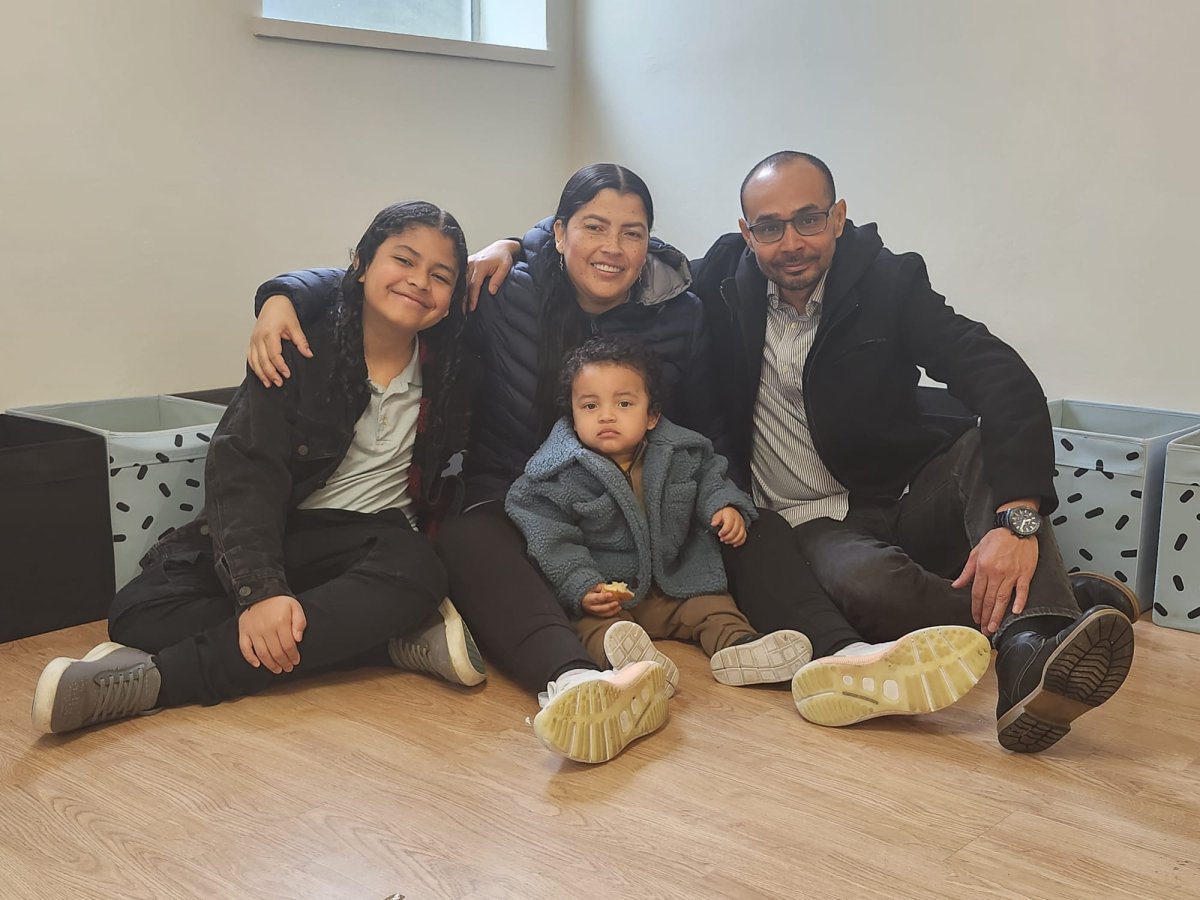Last summer, United Way BC School’s Out Summer program took place for the first time at Little Mountain Neighbourhood House catering to children facing barriers between ages six to 12. At the end of every second week, the day camp organized a picnic where families were encouraged to bring a bag of apples, Filipino noodles, or another dish to share with everyone.

Attending the picnic was the sole requirement for families to enroll their children in the camp. “That was intentional because many of the families work precarious work or night shifts and as such became isolated,” said Andrea Canales, Director, Children and Youth Programs at Little Mountain Neighbourhood House.
The picnics provided an opportunity for families to meet others in the neighborhood and forge connections. “The children became a bridge. Maybe they didn’t speak the same language but the kids liked LEGO so that connected them,” says Canales. “Sometimes the picnic was the first time seeing a parent because their older siblings were dropping them off.”
That connection serves as the driving force behind the United Way BC School’s Out Summer program, as well as its School’s Out counterpart, which operates during the school year. The primary aim is to connect and support families in need, including newcomer families, racialized families, families with neurodivergent children and more.
Last year, the School’s Out program reached 6,700 children across B.C., providing children with exposure to responsible adult and youth role models and mentorship. “The program doesn’t take a cookie-cutter approach because the needs of each child are different,” says Trisha Dulku, Strategic Initiatives Manager for Children and Youth at United Way BC. For instance, in Central and Northern Vancouver Island food insecurity is a greater issue, whereas B.C.’s remote rural communities require more safe spaces for children during the after-school hours while parents are still at work.
The program also assists children in developing academic skills acquired in school or life skills such as resiliency. “When kids develop skills around resiliency, they’re more likely to graduate high school and pursue a career or further studies,” says Dulku. Fundamental parts of the program such as snacks also help supply food for those who are food insecure.
Learning new skills is something that 11-year-old Sebastian Tarra Suaza particularly likes about the program. (Most recently it was making a lava lamp). Last summer marked his initial participation in the United Way BC-supported summer program, and since then, he has continued with the after-school program. The grade five student became involved with School’s Out through newcomer settlement services. The program has provided Sebastian, who immigrated to Canada three years ago with his family from Colombia, with activities to engage in after school. “When I go home, I usually don’t do anything but when I’m in the program I learn to do stuff,” he says.
Sebastian’s mom, Karen Suaza, expresses gratitude for the program and the opportunities it provides her son to learn about new cultures, acquire skills, and more. Dad Jorge Tarra appreciates the program’s accessibility. Through an interpreter, he explains that School’s Out is particularly helpful because it imposes no financial burden on families like theirs who are striving to establish themselves in Canada as newcomers. Most United Way BC supported summer and after school programs are offered free of charge or for a nominal fee to families.
What is clear to Canales, Dulku, and other participants is the substantial need for such programming, especially given the current economic climate. “Affordability is eating families alive right now,” says Dulku. “Our partners are telling us that it’s hard to even find a spot in an after school program that’s affordable.” The wait lists for the program confirm this given they are three times the capacity available.
Like many United Way BC supported programs, School’s Out and School’s Out Summer also opens doors to wraparound services including mental health counselling. “We have a bit of a mental health epidemic with all of our communities,” says Dulku. “It’s a tough time right now. But the kids accessing our programs are benefitting tremendously.”
This includes a family in Delta, B.C. who Dulku recently met with. “The parent told me if her child hadn’t been able to access this program, she would have just come home to their cramped rented basement suite after school and fallen asleep waiting for her mom to come home from work,” says Dulku.
If you’d like to learn more about the School’s Out program or would like to donate to United Way BC, click here.



